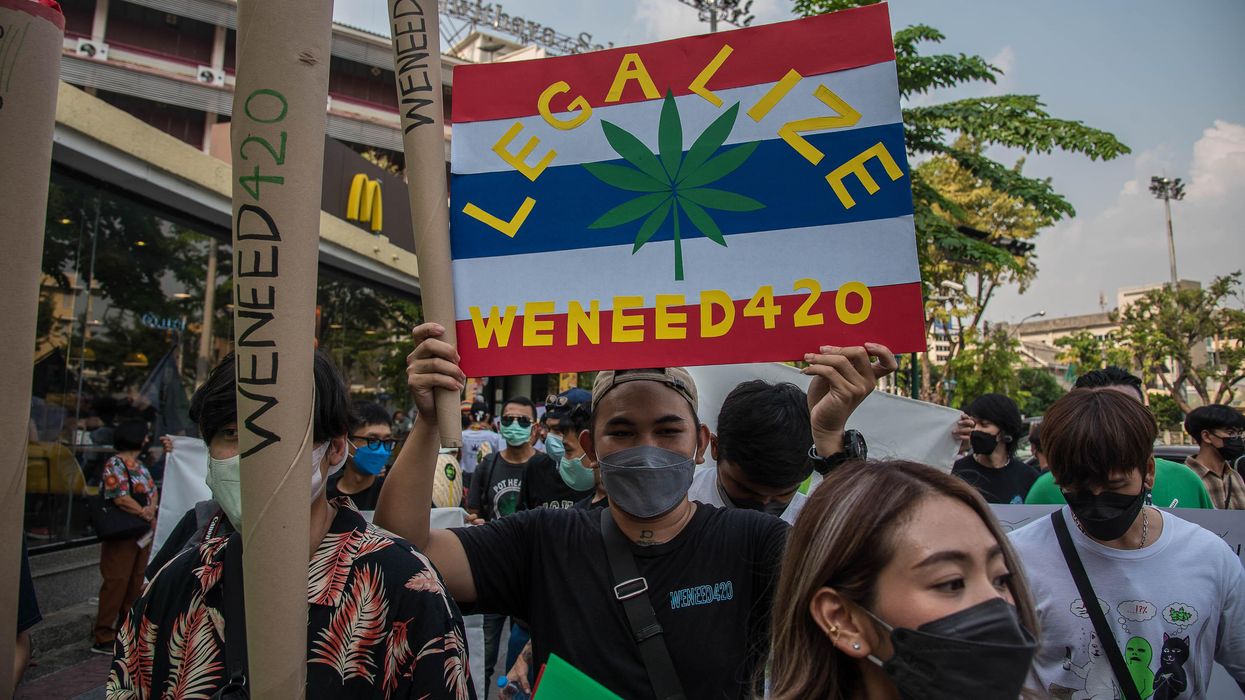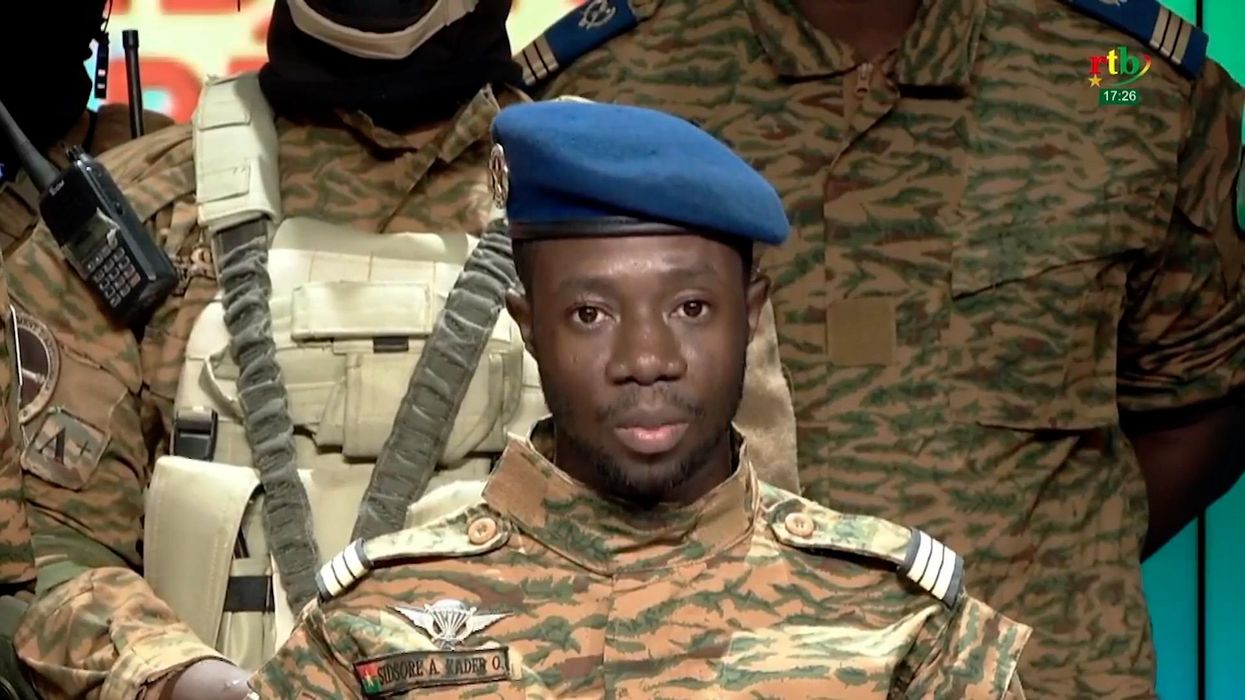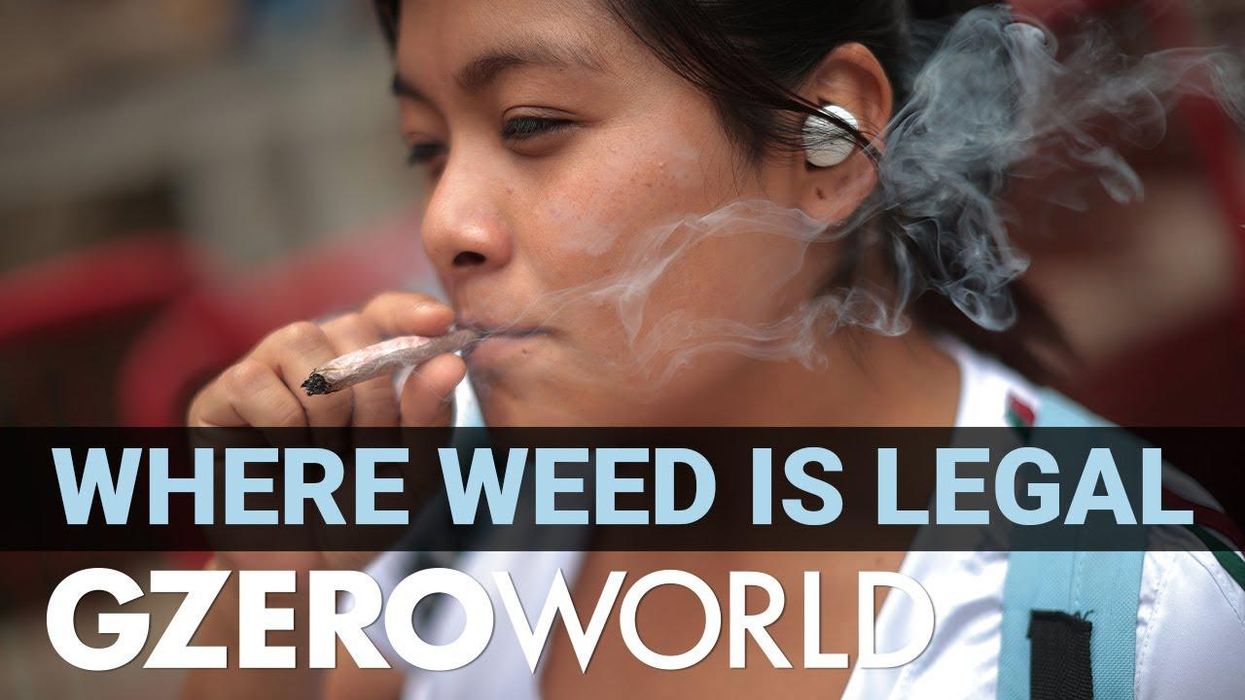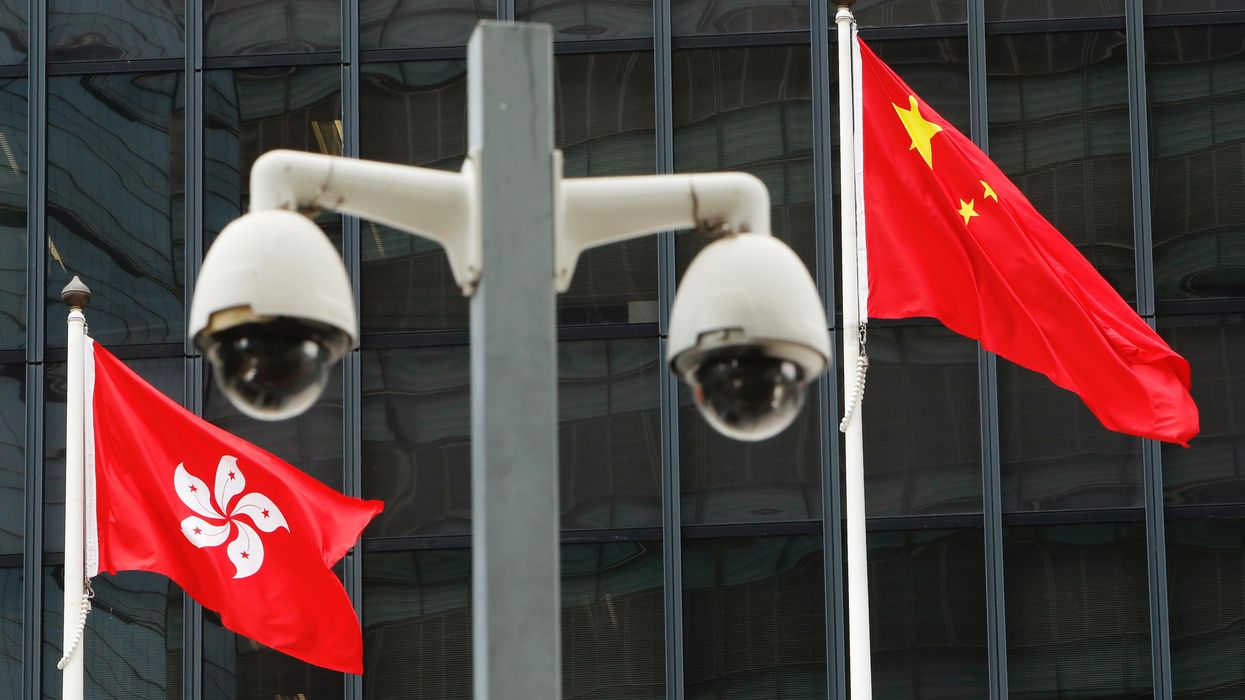Viewpoint
Getting (legally) stoned in the Land of Smiles is … tricky
Thailand, famous for having some of the toughest anti-drug laws in the world, recently became the first Asian country to decriminalize cannabis. Still, a tangle of laws — and messy domestic politics — make it unclear whether recreational use and possession will be prosecuted now, or in the future. Huh? We asked Eurasia Group analyst Peter Mumford to make sense of it all.
Jul 10, 2022




